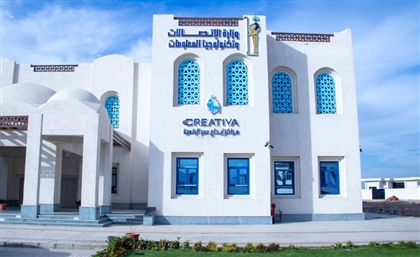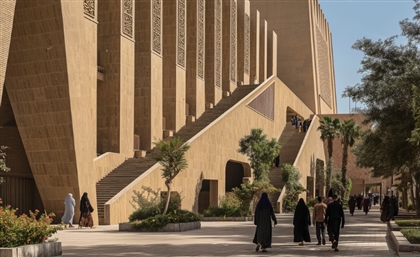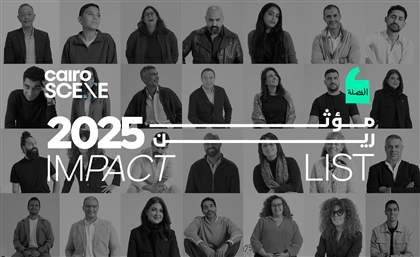How Entrepreneurs Can Leverage ChatGPT to Grow their Business
StartupScene speaks with some of MENA’s AI pioneers to discuss the impact of ChatGPT in industries across the region.
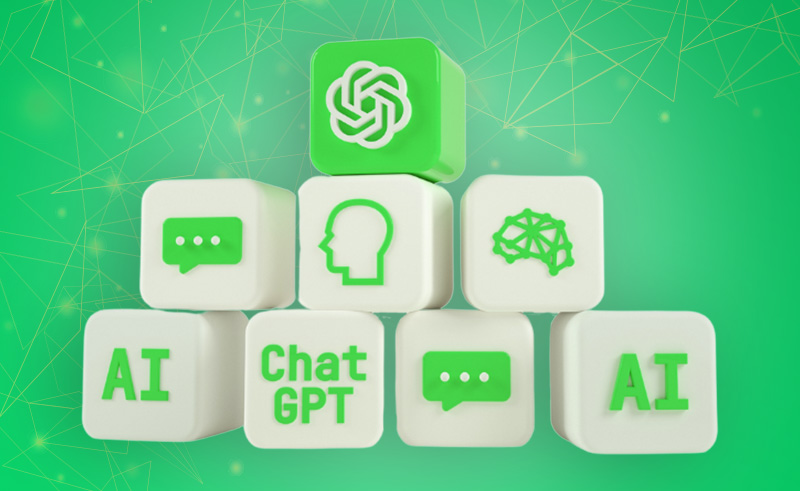
ChatGPT has taken the world by storm since it was launched in November last year. Global companies like Snapchat, Shopify, and consulting firm Bain & Company were all quick to embrace the new AI technology. Regionally, it is no different.
Many startups in the Middle East have already started using ChatGPT whether for their customer service, content creation or simply to automate repetitive tasks, helping them save money and become more efficient.
For Shaffra, a metaverse-as-a-service startup based in Dubai, the technology is enabling the company to free up time and focus on its core business- supporting companies as they build their own metaverses.
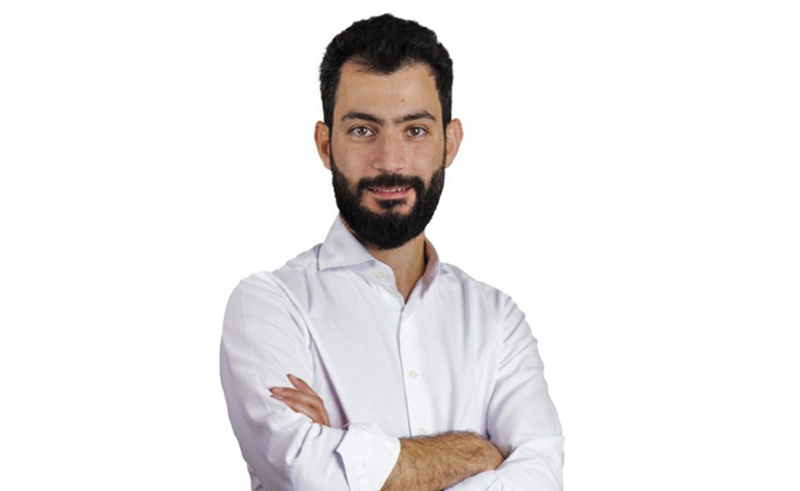 Alfred Manasseh, COO and Co-Founder of Shaffra
Alfred Manasseh, COO and Co-Founder of Shaffra
“We use it a lot as a startup,” Alfred Manasseh, COO and Co-Founder of Shaffra, tells StartupScene. “We use it to help generate our sales pitches, social content, and sales scripts. For example, instead of having to spend hours writing a presentation, I can spend those hours thinking of what I want to have in the presentation, or thinking of the ideas for the content.”
The startup is also using ChatGPT and other AI tools to create videos and other marketing content to help attract clients - at significantly reduced prices. “Imagine, before AI we would have had to hire an agency to film all that,” Manasseh adds. “Today, we can really do it on our own.”
Shaffra is not the only startup in the region using ChatGPT. Yanzo, a text-based personal assistant app, has incorporated ChatGPT into its conversational concierge services. As an AI-powered assistant, customers chat with the app and request assistance with booking flights, ordering food and buying gifts.
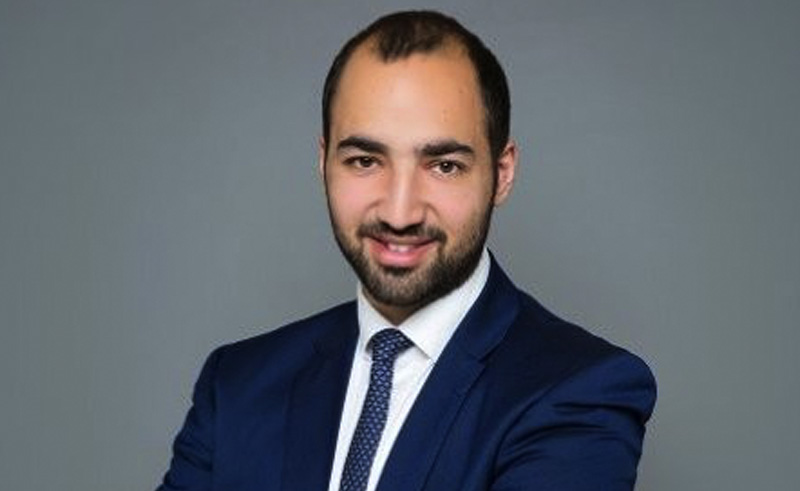 Mohamed Jaffar, CEO and Co-Founder of Yanzo
Mohamed Jaffar, CEO and Co-Founder of Yanzo
“The front end of Yanzo was always a conversation between customers and our agents,” Mohammed Jaffar, CEO and Co-Founder of Yanzo, explains. “That’s how we started. However, the moment we were aware of ChatGPT we reached out to them, and we studied what they do. It turns out that the implementation cost is very cheap.”
Today, Yanzo uses ChatGPT to chat directly with customers. Feeding it with the startup’s historical conversations, the technology is able to respond to customers just like a human agent. But Jaffar still wants to have agents oversee these conversations.
“We still want someone to make sure that, for the time being, we’re not saying something that doesn’t make sense,” Jaffar says. “Today, the conversation happens between the customer and ChatGPT, but our agents oversee that conversation and can stop it anytime they want to edit the answers themselves.”
TAKING OVER JOBS
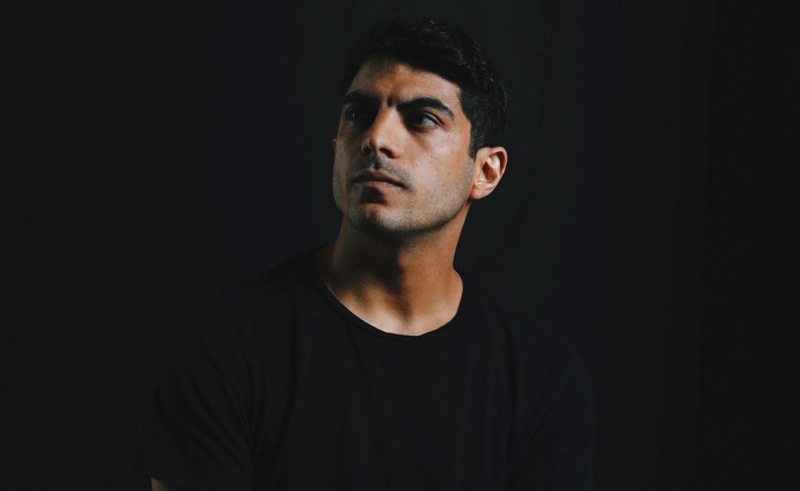 Timmy Mowafi, Co-Founder of MO4 Network
Timmy Mowafi, Co-Founder of MO4 Network
With ChatGPT being able to converse with customers and provide content when prompted, many employees have become concerned about their jobs, fearing that the technology could essentially put them out of work. While Jaffar now has agents overseeing conversations between customers and ChatGPT, he will soon need fewer agents as the startup starts to rely more on AI technology.
Meanwhile, Timmy Mowafi, Co-Founder of MO4 Network, a leading media company in the region, doesn’t see ChatGPT replacing writers or content creators any time soon. “At this point ChatGTP3 is almost like a fuzzy, compressed version of everything on the internet,” he says. “It's quite generic with what it's putting out once you put in those initial prompts. We've asked our editorial teams however to aggressively experiment and while it's useful for banging out a 500 word news piece if you provide it with all the right information, it's hardly original writing.”
While ChatGPT3's output may may have been devoid of storytelling, Mowafi and his team did note a number of benefits from the technology. By staying up to date with AI in its current form, Mowafi's team is prepared for any advancements the technology may hold for them. “It does save the writer a lot of time creating structure," Mowafi says. "ChatGPT4 and beyond… that’s a whole other story.”
With that in mind, Mowafi encourages people to get comfortable with using the technology to not only stay abreast of the latest tech developments, but to improve on innovation and creativity.
“I think people need to look at these Al tools available, including ChatGPT, as a way to free their mind out of the grind of creating the infrastructure of what they're building, and allow them to have more space for creativity and new ideas," Mowafi explains. "Something that, for now, humans are still better at."
REGULATING AI
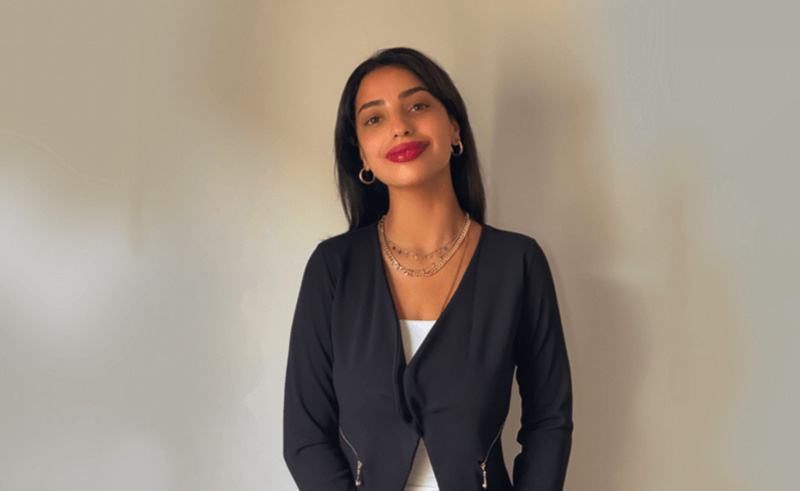 Aliah Yacoub, AI philosopher and head of techQualia at Synapse Analytics
Aliah Yacoub, AI philosopher and head of techQualia at Synapse Analytics
Like any new technology, ChatGPT has its limitations. It can sometimes generate (or ‘hallucinate’) inaccurate information, misleading content, or even plagiarized material.
Aliah Yacoub, AI philosopher and head of techQualia at Synapse Analytics, believes that although AI provides technological advances, it is not without harm.
“While the application feigns intelligence, in actuality it only spits out meaning by imitating, rather than understanding and exercising, our linguistic conventions,” she says. “Paradoxically, you have to be an expert in whatever subject you’re having ChatGPT help you with, before you estimate how effective, useful, or even accurate it is.”
OpenAI also restricts ChatGPT in some countries, including Egypt. While these restrictions may be overcome by using a VPN, such inaccessibility ultimately raises concerns of bias, furthering widening the global digital divide.
“Why is there a geoblock on a piece of tech that can upheave a multitude of industries and automate many time-consuming and mundane tasks?” Yacoub ays. “Essentially, I was more concerned about the typical latency in accruing benefits of emerging tech experienced by the global South, with ChatGPT being the latest iteration of it.”
It is for such reasons, amongst others, that Yacoub believes that the new technology and other AI tools, should be regulated. “We need guardrails, not mere red flags, when engaging with disruptive emerging technologies,” she explains.
The EU is currently proposing legislation to regulate AI, ensuring that it is human-centric and trustworthy. If a legal framework is passed, it could encourage other regions to follow suit. For the time being, ChatGPT is still in its infancy - but it won’t be for long. As a powerful tool that can make people’s lives easier and workflow more efficient, it can also be harmful if used with malicious intent. As Jaffar from Yanzo says, “At the end of the day, the tool is only as good as people using it.”
- Previous Article HOW (NOT) TO GO TO A PING PONG SHOW
- Next Article Egyptian Embassies Around the World
Trending This Week
-
Dec 27, 2025
-
Dec 23, 2025









